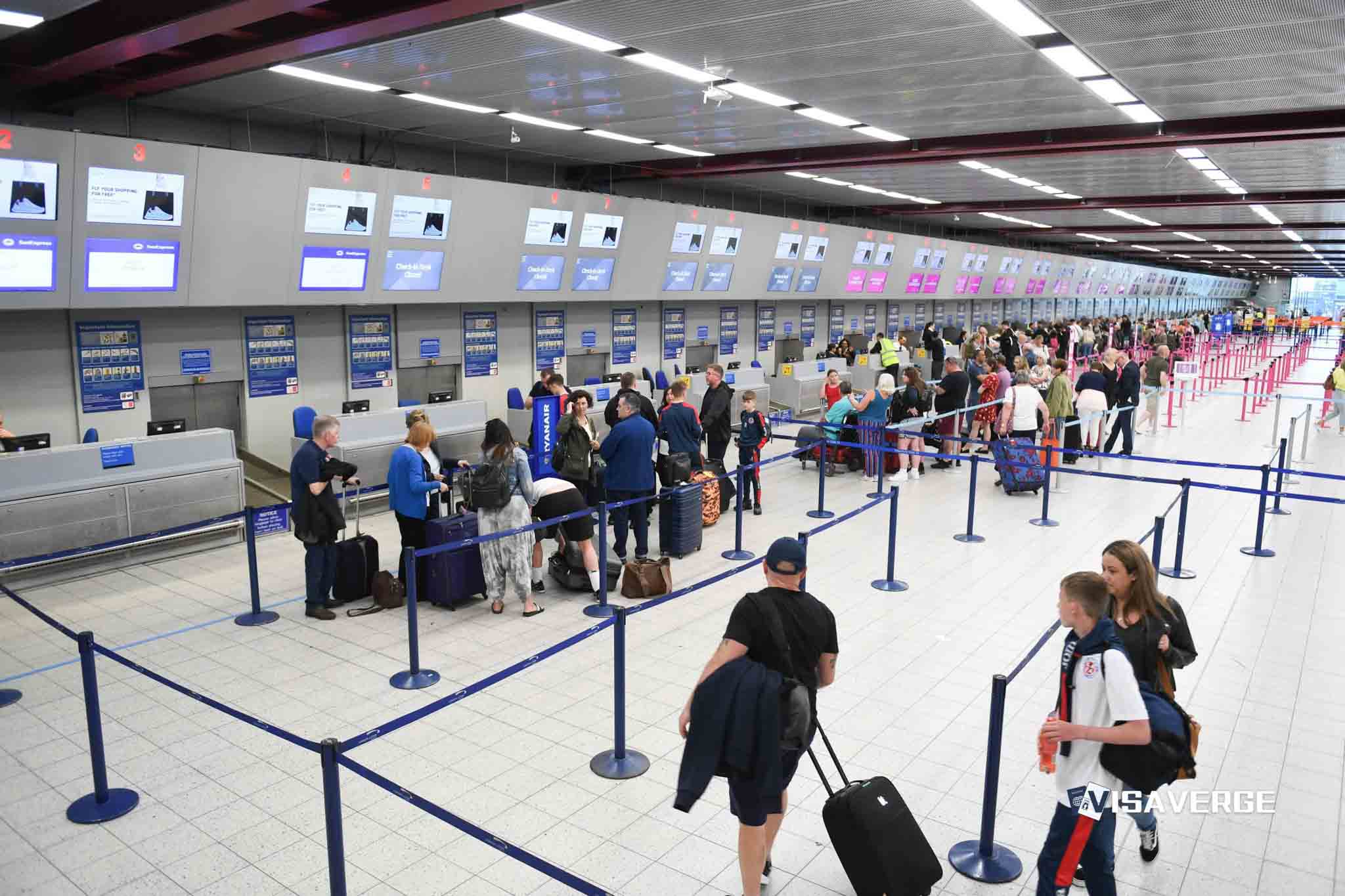Handling OPT Scheduling Conflicts with Academic Commitments
Navigating the challenges of balancing your professional and academic life can be daunting, especially when you’re on Optional Practical Training (OPT). OPT provides international students with the opportunity to gain practical experience in their field of study. However, it’s not uncommon to encounter scheduling conflicts between work responsibilities and academic commitments. In this blog post, we will explore effective strategies for managing these conflicts, so you can maintain compliance with your visa requirements while fulfilling your educational and professional goals.
Understanding Your OPT Requirements
First and foremost, it’s crucial to have a clear understanding of the rules and regulations associated with your F-1 visa and OPT status. The primary requirement is that your employment must be directly related to your major area of study. Additionally, while on post-completion OPT, you are expected to work full-time, which is defined as at least 20 hours per week.
For authoritative information on OPT and F-1 visa regulations, always refer to U.S. Citizenship and Immigration Services (USCIS) or consult with your school’s Designated School Official (DSO).
Strategies for Balancing Academic Commitments and OPT Work
Open Communication with Employers and Instructors

Honest and proactive communication is essential. Speak with your employer about your academic schedule and see if there is room for flexibility. It might be possible to adjust your work hours or to work remotely on certain days to accommodate your academic responsibilities.
Prioritize and Organize
Good organization can often prevent conflicts before they arise. Equip yourself with a detailed calendar where you can visualize both your study and work schedules:
- Mark important academic dates like exams and project deadlines.
- Schedule your work hours clearly, ensuring you account for travel time if necessary.
- Plan your study times around your work schedule.
By staying organized, you can avoid last-minute rushes and ensure you maintain both academic integrity and professional reliability.
Legal Considerations and Compliance
When dealing with OPT scheduling conflicts, always remember that complying with immigration laws and policies is non-negotiable. If circumstances require you to reduce your work hours below full-time, you might need to discuss your options with your DSO. There may be instances where part-time OPT could be authorized due to academic commitments.
Effective Time Management Techniques
Time management is an invaluable skill for students on OPT. Here are some techniques to help manage your work-study balance:
- Use time management apps to track your tasks and deadlines.
- Prioritize tasks by urgency and importance, dealing with pressing academic deadlines before less critical work tasks if possible.
- Learn to say ‘no’ to additional commitments that could jeopardize your ability to meet your academic and work obligations.
When Conflicts Are Unavoidable
Sometimes, despite your best efforts, scheduling conflicts may still occur. In such cases, consider the following:
- Discuss the possibility of taking a leave of absence from work or an academic break.
- Seek advice from your DSO for guidance on maintaining status during prolonged conflicts.
- Evaluate whether your academic pursuits align with your OPT work, and adjust either aspect if necessary.
Conclusion
Academic commitment balancing, work-study time management, and navigating OPT scheduling conflicts requires a strategic approach and a clear understanding of your visa conditions. By practicing proactive communication, effective time management, and obeying the legal requirements of your F-1 status, you can successfully manage both your studies and your OPT work. Remember, when in doubt, always consult with your DSO or refer directly to USCIS to stay informed of your responsibilities.
In summary, navigating the waters of OPT while honoring academic commitments is a delicate balancing act. With the right strategies, however, it’s entirely possible to maintain equilibrium and achieve success both in your academic journey and your budding professional career.
So there you have it, folks! Balancing your academic commitments with OPT work can be a real juggling act, but with open communication, good organization, and some killer time management skills, you can conquer any scheduling conflict that comes your way. Remember to stay compliant with visa regulations and consult your DSO or visit visaverge.com for more tips and tricks. Happy balancing!
FAQ’s to know:
FAQ 1: What are the requirements for OPT and F-1 visa holders?
Answer: OPT allows international students with an F-1 visa to gain practical experience related to their major area of study. F-1 visa holders on post-completion OPT must work full-time, defined as at least 20 hours per week, and their employment must be directly related to their field of study. It is important to consult official sources such as USCIS or your school’s DSO for accurate and authoritative information on OPT and F-1 visa regulations.
FAQ 2: How can I balance academic commitments and work responsibilities on OPT?
Answer: Open communication with both your employer and instructors is vital to finding a balance. Discuss your academic schedule with your employer and explore possibilities for flexible hours or remote work. Effective organization skills are also helpful in preventing conflicts. Use a detailed calendar to schedule academic dates, work hours, and study times. Prioritizing tasks, using time management apps, and learning to say ‘no’ to additional commitments can aid in managing your work-study balance.
FAQ 3: What should I do when faced with scheduling conflicts between work and studies on OPT?
Answer: When conflicts are unavoidable, consider discussing the possibility of taking a leave of absence from work or an academic break. Seek guidance from your DSO on maintaining your status during conflicts. Additionally, evaluate whether adjustments are needed in your academic pursuits or work arrangements to align them better. It is crucial to comply with immigration laws and policies and consult with your DSO or refer to USCIS for accurate information on managing OPT scheduling conflicts effectively.
What did you learn? Answer below to know:
-
Which government agency should you consult when seeking authoritative information on OPT and F-1 visa regulations?
a) U.S. Department of Labor
b) U.S. Department of State
c) U.S. Citizenship and Immigration Services (USCIS)
d) U.S. Customs and Border Protection -
What is the minimum number of hours per week that you must work to meet the full-time requirement on post-completion OPT?
a) 5 hours
b) 10 hours
c) 15 hours
d) 20 hours -
What is one technique mentioned in the article to manage your work-study balance effectively?
a) Keeping a detailed calendar
b) Seeking a leave of absence from work
c) Asking your employer to adjust your academic schedule
d) Applying for a part-time OPT authorization








